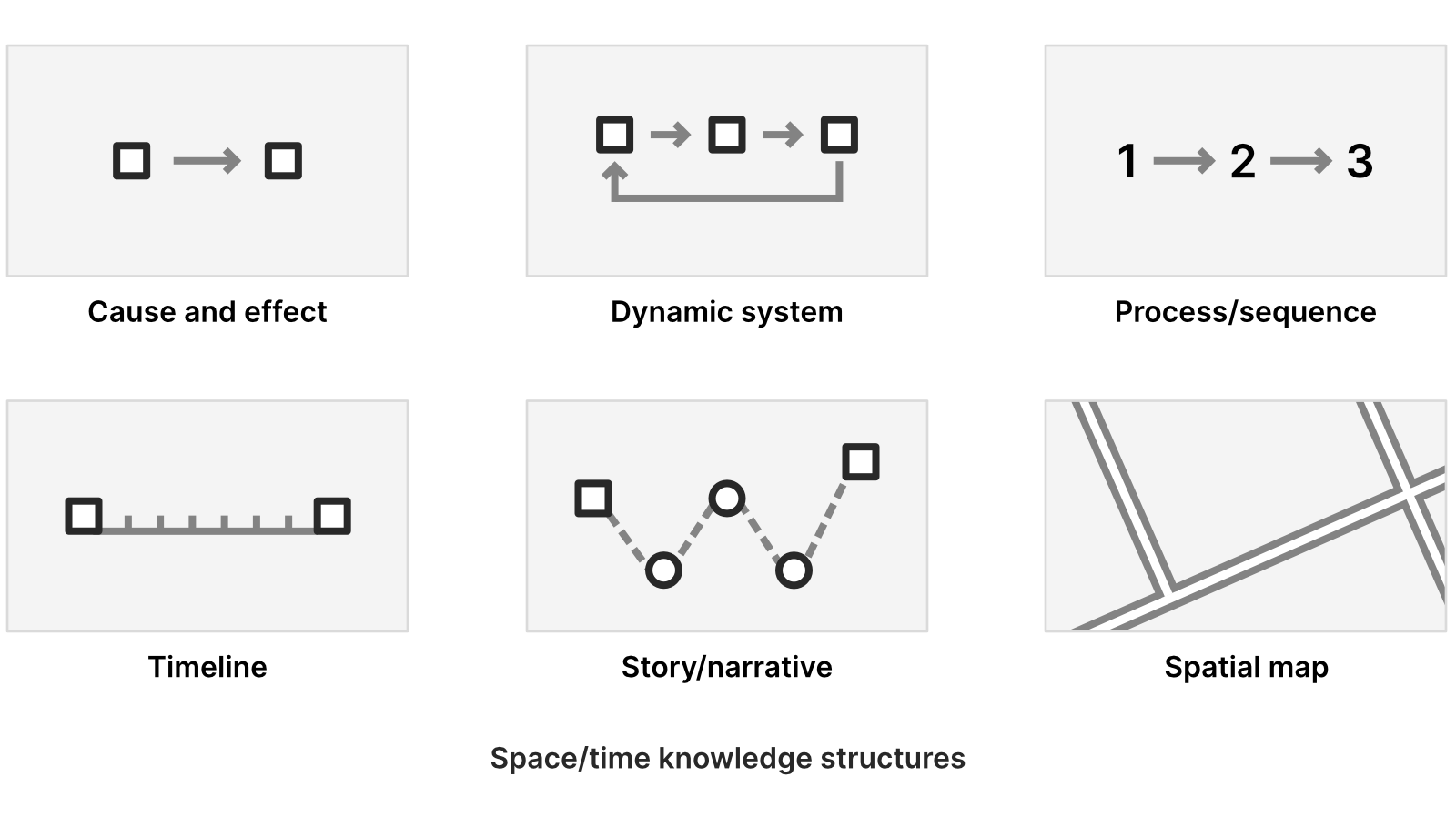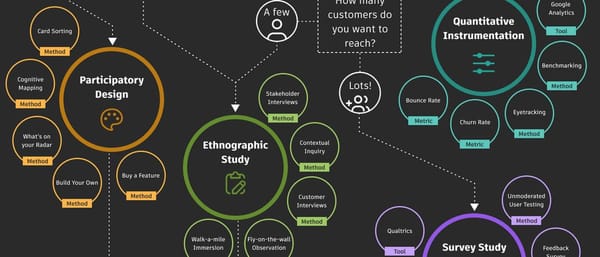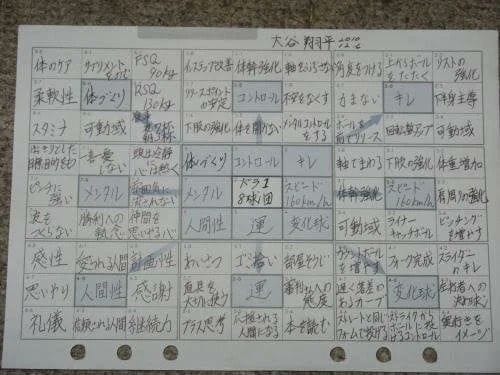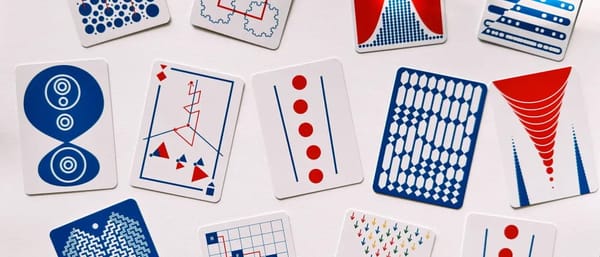№ 20 | Knowledge Structures, Five Managerial Archetypes, ‘Jerks’ in Games, PERMA+, and a Limited Vocabulary

Knowledge Structures
Here's a great introduction to knowledge structures by Francis Miller. AKA, diagrams, canvases, frameworks, visual representations of thought… with a slight difference: The orientation to these visual representations is more cognitive in nature (how we think vs thinking made visual).

Sidenote: I have a love/hate relationship with identifying patterns such as these. Love, because who wouldn't? Hate, the patterns and classifications often fail to hold up, for me. Useful, yes. Definitive? Never. I'm looking forward to part 2 of this article!
Five managerial archetypes
This article—“How to identify the right ‘spans of control’ for your organization”—was shared in a leadership conversation about how many direct reports a manager can reasonably support. I love that rather than give a pat answer, this post digs into other considerations (nature of the work, prior experience of direct reports, uncertainty of situations, etc.) to offer a more exploration and recommendations based on several managerial archetypes.
What makes a card game addictive?
This had me at the headline: ”Scientists discovered why card games are so addictive.“ The proposed ‘motion-in-mind’ model focuses on the effect of ’jerks’ (a sudden change of acceleration) to understand what makes a game addictive. Why card games?
Card games are typical incomplete information games. Short, repeatable rounds, chances, and strategizing make them among the most entertaining, even addictive, games.
There's more to the model (game length, velocity, and acceleration), as suggested by the following visual:

(This reminds me of two things: Similar studies that pinpointed anticipation of an experience as the emotional highpoint ,and Csikszentmihalyi's concept of Flow.) Also, the board gamer in me is wondering how this model would fare with different types of games: Party games, strategy games, gambling games, and so on… 😜
THE PERMA+ Model (for happiness and well-being)
While digging through some older presentations on play, I came across Seligman’s PERMA+ Model, which highlights “five components that people pursue because they are intrinsically motivating and they contribute to wellbeing.” The five components of PERMA are:
- Positive emotion
- Engagement
- Relationships
- Meaning
- Accomplishments/Achievements
A Limited Vocabulary
A co-worker shared this writing tool, adding “It’s kinda silly, but I’ve always liked this tool which will mark any words that aren’t one of the 1000 most commonly used words (in English).”






